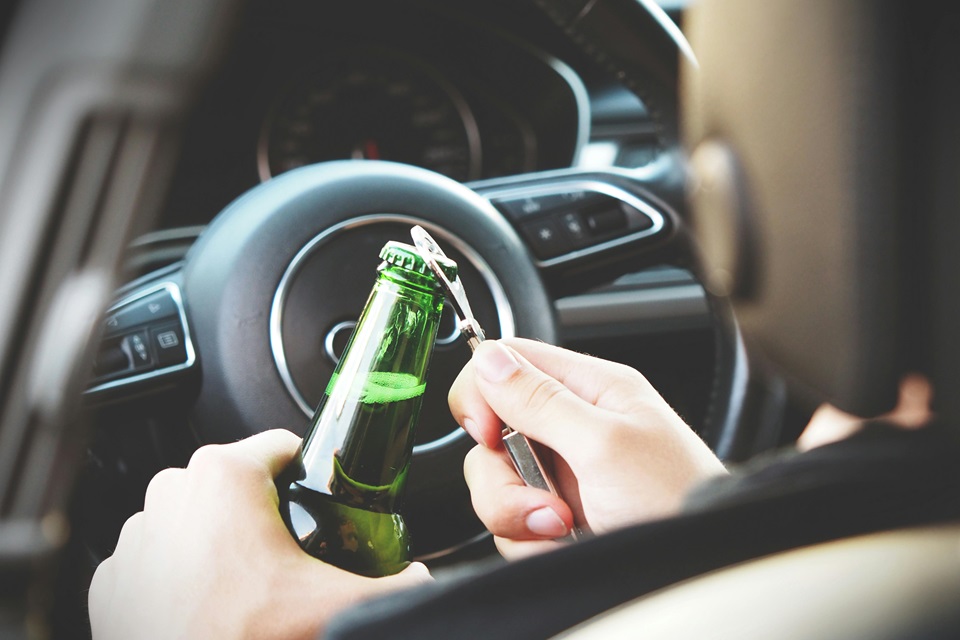Colorado has a reputation for being tough on drunk drivers. With a blood alcohol content (BAC) limit of .08, the state adheres to the national standard and enforces it with seemingly harsh penalties. However, there’s a growing sentiment that these laws, while strict on paper, are proving difficult to enforce effectively. An investigation by KSTP-TV, a local news organization based in Colorado, interviews Colorado state patrolmen for insight on what makes it difficult for law enforcement to prove marijuana DUIs.
Table of Contents
Challenges Of Marijuana DUI Enforcement
Unlike alcohol, there’s no scientific equivalent to a breathalyzer test for marijuana intoxication. Tetrahydrocannabinol (THC), the psychoactive compound in marijuana, can stay in a person’s system for days or even weeks after use, regardless of impairment. Blood tests can detect THC presence, but they don’t necessarily indicate recent use or current intoxication. Furthermore, standardized field sobriety tests (SFSTs) used for alcohol DUIs are less reliable for marijuana. Marijuana can affect balance and coordination, but these effects vary significantly between individuals and can be caused by other factors.
Despite the enforcement hurdles, research shows that driving under the influence of marijuana is a safety hazard. Studies have found a correlation between THC use and an increased risk of accidents. This is concerning because marijuana can impair cognitive function, reaction time, and judgment – all crucial skills for safe driving. Despite law enforcement’s attempt at keeping the road safe, innocent people can be accused of a DUI. Without sufficient testing, you could be at risk of being falsely accused of driving while intoxicated. Contact The Law Offices of Elaine E. Lukic for fierce representation against DUI charges.
Alternative Approaches To Enforcement
In the absence of a perfect THC detection method, Colorado law enforcement relies on a combination of strategies to identify marijuana-impaired drivers. These include:
- Drug Recognition Experts (DREs): Specially trained officers can conduct a battery of tests to assess a driver’s physical and mental state, looking for signs of drug intoxication beyond just marijuana.
- Impaired Driving Observations: Officers are trained to identify erratic driving patterns that might indicate impairment from any substance, including marijuana.
- Self-reporting: In some cases, drivers may admit to marijuana use during a traffic stop.
However, these methods have limitations. DRE evaluations are time-consuming and not always readily available. Relying solely on driving behavior can be subjective and miss impaired drivers who haven’t exhibited outward signs.
Policy & Technology
Colorado has established legal limits for THC concentration in a driver’s blood. For drivers 21 and over, a blood test result of 5 nanograms per milliliter (ng/mL) of THC or more is considered evidence of per se DUI. However, this legal limit is contested by some who argue it doesn’t accurately reflect actual impairment.
The issue of marijuana DUI enforcement is a complex one with no easy solutions. Colorado is constantly evaluating and refining its approach. Scientists are working on roadside tests that can accurately detect recent marijuana use and gauge intoxication levels. Ensuring consistent training for officers in identifying and evaluating marijuana-impaired drivers is crucial. Raising awareness about the dangers of driving under the influence of marijuana is essential to changing behavior.
While Colorado has taken steps to address marijuana DUI, challenges remain. Law enforcement is adapting its strategies, but technological advancements and a better understanding of marijuana’s effects on driving are necessary for truly effective enforcement. Until then, the onus remains on drivers to act responsibly. If you plan to consume marijuana, do not get behind the wheel. Designate a sober driver or use a ride-sharing service. There is no excuse for putting yourself and others at risk on the road.



